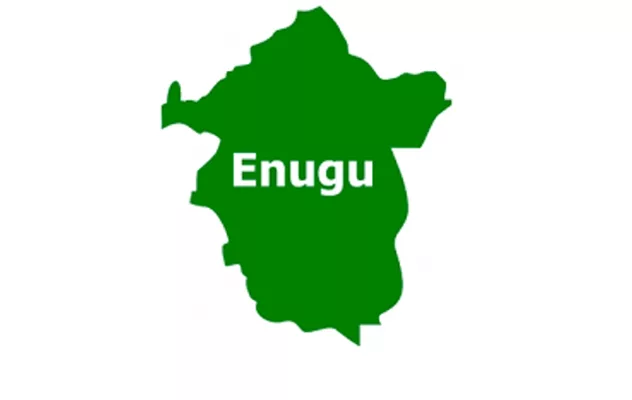Enugu State government has unveiled plans to partner with rural communities on the provision of clean water.
Briefing newsmen in her office in Enugu, the senior special assistant to the governor on water, sanitation and hygiene (WASH), Chika Mbah, said the partnership would be government-driven and financed but community-led.
“The people of Enugu State are already aware of Governor Peter Mbah’s 180 days water challenge for Enugu metropolis. What is less know is his drive for rural water provision. The governor is not only interested in urban water; rural water is very much in his plan”, she said.
Explaining how the partnership would work, the governor’s senior aide on WASH stated that potable water would be provided to the various rural communities as they wanted it.
“It is up to each community to decide on what and how they want the provision and management of water, and come with that plan to the WASH office at the state Ministry of Water Resources. They can for instance decide if they want a borehole or a spring harvested.
“The government is also interested in reticulated water facilities, especially those that can serve more than one community. Adjoining communities can therefore present a joint plan stating the management structure.
“In this way communities will own and manage the facilities, with the government being a stakeholder. However, a benefiting community must also work on ending open defecation within their locale. The provision of water is thus tied to a number of behavioural change indicators. One is community-led sanitation, another is ownership and management of public facilities. This type of ‘counterpart’ is both novel and sustainable”, she explained.
She noted that a state-wide survey of water situation in the state by the WASH office showed that the situation was dire, disclosing that Enugu State has close to 400 non-functional public boreholes, while open defecation was a common practice.
She said the government was working towards ending open defection in the state, saying this informed the passing of a bye-law by the 17 local government councils in the state in that regard, as well as a state-wide stakeholder sensitization on safety of water and control of water-borne diseases, also aimed at reducing under-5 mortality rate in the state.











